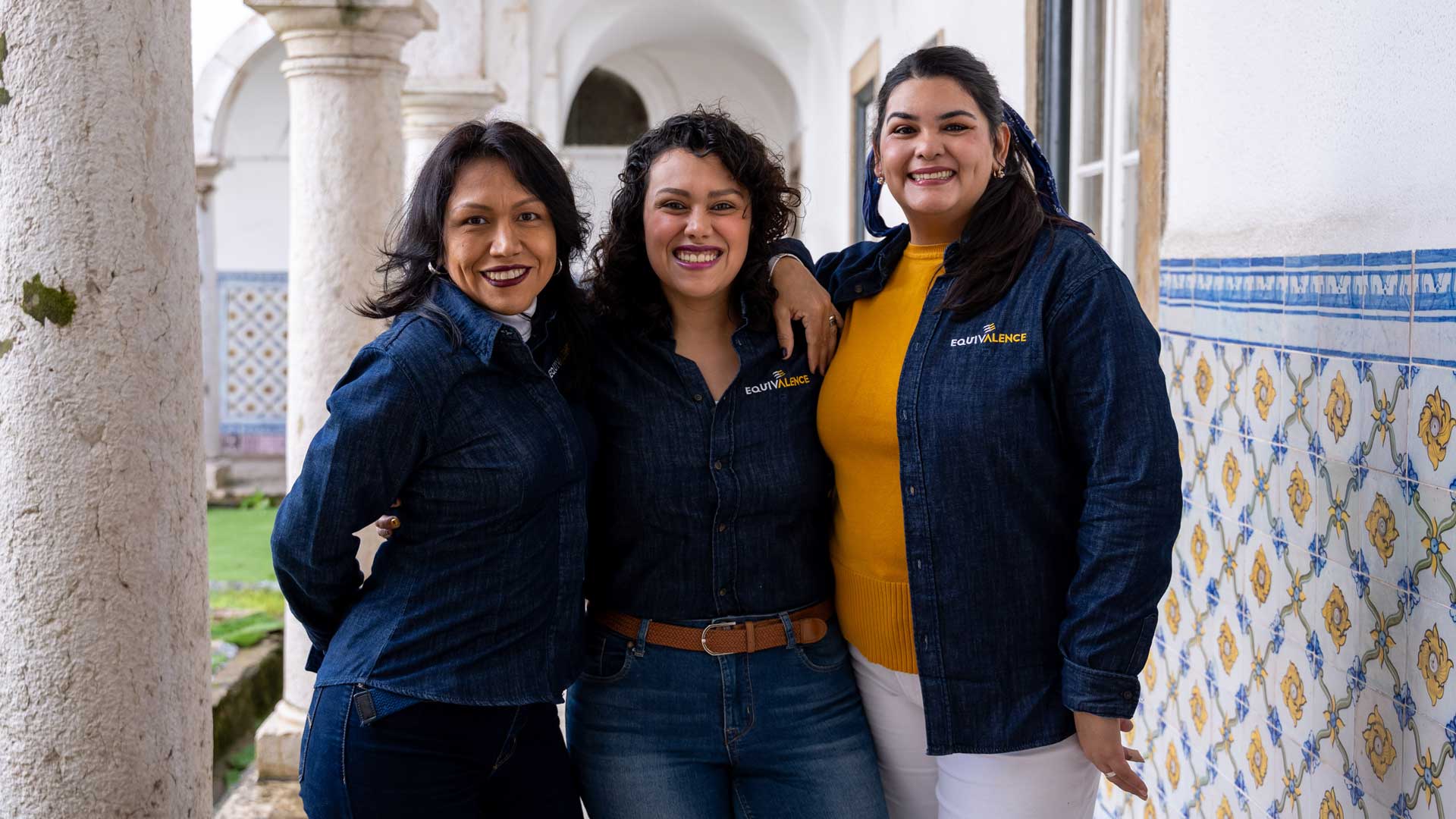By: Anabell Acevedo – a woman who has been a migrant several times
“What does it mean to you to seek “the best”? It could be finding a new job, choosing insurance, changing your children’s school, moving to another neighborhood, or simply buying a waterproof jacket so you don’t get wet when it rains. For most, “the best” is to walk down the street without fear and build a life in which only a job allows you to meet at least the basic needs. For some, “the best” is in their country’s capital; for others, this “best” can only be found by crossing a border. If what is “the best” for you is on the other side of the border, what would you do?
As humanity, what has brought us this far is our ability to unite and work together. Since our beginnings as one of the most fragile species on the planet, collaboration has been fundamental to our survival and development. However, sometimes, we allow some to create barriers and differences and insist on making us believe that they exist when, in fact, they aren’t even there. In recent years, a comfortable and cowardly global narrative has gained strength.
It’s convenient because it establishes premises without bothering to check their veracity. Believing simply for the sake of believing is comfortable. And it’s even more comfortable to believe what certain “leaders” say without questioning or wondering what lies behind their speeches. In the age of disinformation, it’s not enough to believe that you have to exercise critical thinking, and therein lies part of our power as citizens. Will you be able to use it or not?
It’s cowardly because it’s based on fear. The unknown can be frightening, but that’s where courage, growth, and evolution lie. Experiencing the unknown allows us to discover things about ourselves, our community, and even our country. That, among many other things, is why Migrants are courageous people: those who dare to go into the unknown in search of what they consider “better.”
Regardless of their political ideology, tyrants are comfortable and cowardly, and that’s how they want people. Historically, these dehumanizing leaders have strived to tell people what to think and how to act, especially about Migrants, people whose only “crime” is to dare.
When the future humans read the history books, what characteristics will define us as a society? In the 1980s, disco music; in the 2000s, the rise of the Internet: what will we be in the 2020s? Terrified and complacent?
According to the IOM, the percentage of the international Migrant population is less than 5%. Despite this, Migrants have been turned into scapegoats, used to divert attention from the problems that the same dehumanizing leaders have failed to solve. Do we believe that this percentage of people is responsible for all the issues in our societies?
I’m sure everybody will remember the years we are living as turning points where humanity showed its true worth: trust in itself and others, compassion, courage, inventiveness, and tenacity. And how am I sure? Because I see people creating and strengthening community ties, teachers encouraging reflection in their students, and activists using their platforms to amplify silenced voices. I see crowds taking to the streets to say no to racism, no to xenophobia, and to defend such essential achievements as Human Rights. Because let’s not confuse ourselves: being a Migrant is precisely exercising a human right.”
Anabell Acevedo is the Founder and CEO of Equivalence, a platform that creates a decentralized ID for Migrants and international talent, where competencies, experiences, and the value of a person are tokenized and verifiable, creating a transparent and immutable global citizenship.
Do you want to be up to date with all the news from Casa do Impacto, including our monthly program of events? Subscribe to our newsletter and follow us on social media – Facebook, Instagram,Twitter and Linkedin.

